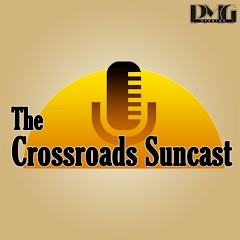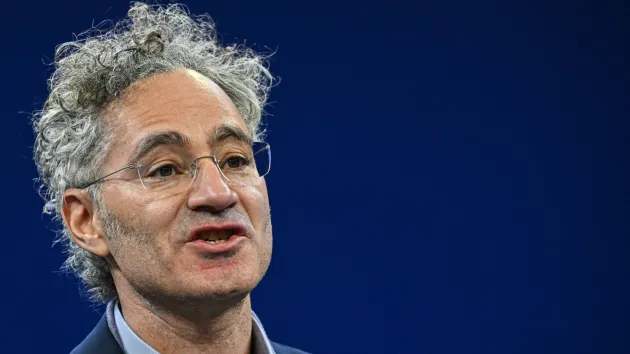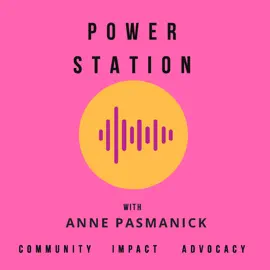Today, the Internet has become essential to our daily lives in countless ways – from applying for a job to investing for retirement, completing a homework assignment to distance learning, and finding medical advice or starting a healthy diet. As new information and communication technologies contribute to the restructuring of relationships of production and distribution and connect people and places across the globe in new ways, real concerns emerge regarding the formation of a ‘digital divide’ between those who can access and make use of these new technologies and those who cannot.
At the Center for Media Justice we believe that as we transition to a new economy, the power to communicate, and therefore imagine a better future, should belong to everyone. So, we were particularly interested when we learned of the recent UN report that said, “Internet access is a human right, and ensuring universal access to the Web should be a priority for all states,”
As media justice leaders, we’ve long been saying this—often citing Article 19 of the UNHDR which states,
‘Everyone has the right to freedom of opinion and expression: this right includes freedom to hold opinions without interference and to seek, receive and impart information and ideas through any media and regardless of frontiers’ (United Nations, 1997).
Now it seems, the UN is as well.
The report (released on Friday, June 3) outlines how the Internet is one of the most powerful instruments of the 21st century for increasing transparency, accessing information, and for facilitating active citizen participation in building democratic societies.
Written by UN Special Rapporteur Franke La Rue, the report comes after a year’s worth of meetings held between La Rue and local human rights organizations around the world.
Want to learn more? Check out some of the covearage links below:
- http://www.theatlanticwire.com/technology/2011/06/united-nations-wikileaks-internet-human-rights/38526/
- http://www.digitaltrends.com/computing/un-declares-internet-access-a-human-right/
- http://www.wired.com/threatlevel/2011/06/internet-a-human-right/
- http://www.readwriteweb.com/archives/united_nations_proclaims_internet_access_a_human_r.php



